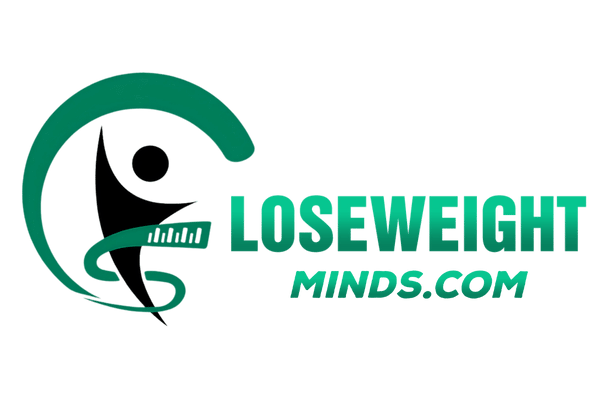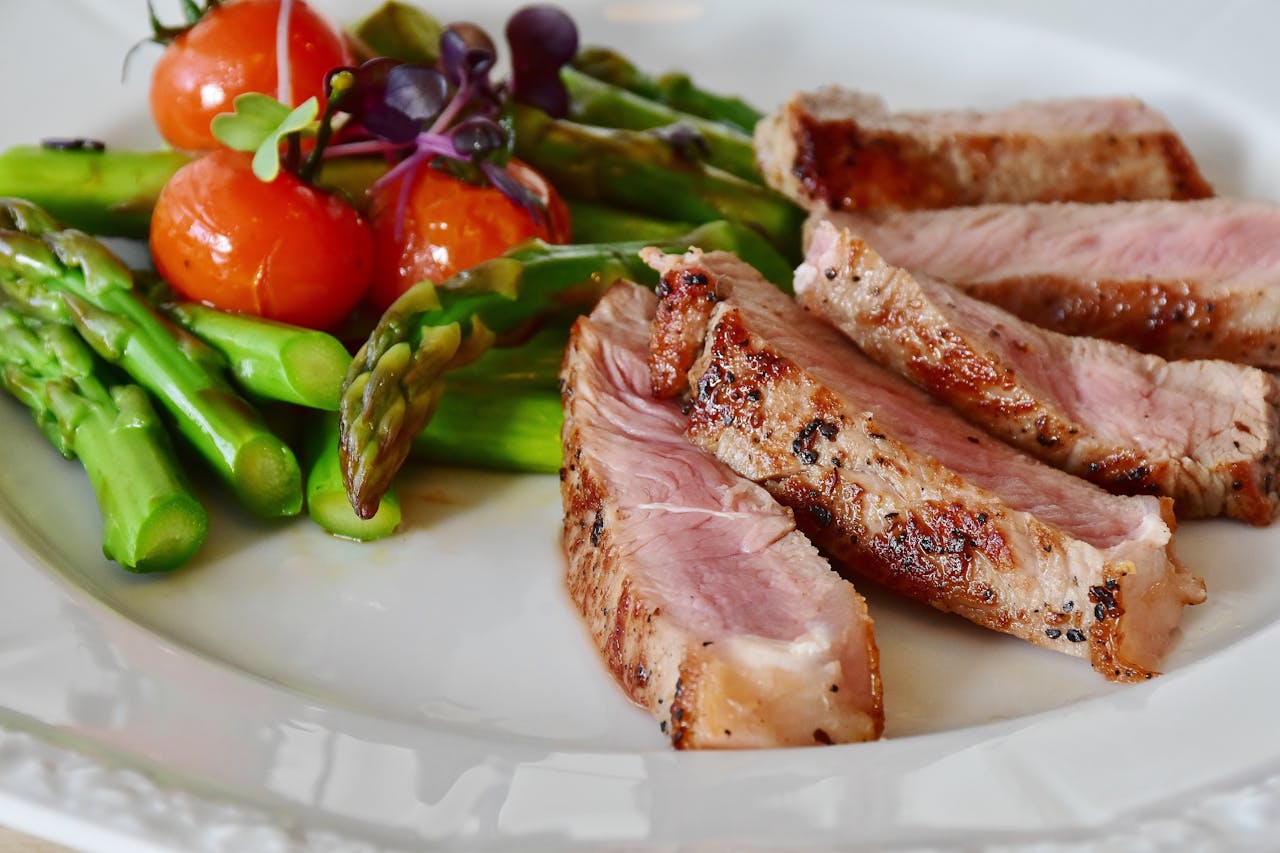In today’s fast-paced world, the quest for weight loss is a common aspiration. Many people seek rapid results, often resorting to fad diets or extreme exercise regimens. However, this approach can be detrimental to long-term health and sustainability. To achieve effective weight loss that is both fast and lasting, one must focus on natural, holistic methods. This article outlines the principles and actionable strategies to lose weight quickly while ensuring that the changes made can be maintained for the long term.

Understanding Weight Loss
Before diving into how to lose weight, it’s essential to understand the basics of weight loss. Weight loss occurs when you consume fewer calories than you expend. This involves creating a caloric deficit, which can be achieved through diet, exercise, or a combination of both.
But weight loss isn’t just about the numbers; it involves a complex interplay between metabolism, emotional well-being, and lifestyle factors. Natural weight loss methods address these components holistically, leading to sustainable results.
Setting Realistic Goals
The Importance of SMART Goals
One of the key factors in achieving permanent weight loss is setting SMART goals: Specific, Measurable, Achievable, Relevant, and Time-bound. For instance, instead of saying, “I want to lose weight,” you might set a goal of “I want to lose 10 pounds in the next two months by exercising three times a week and eating more whole foods.”
Tracking Progress
Monitoring your progress helps to keep you motivated and accountable. You can keep a food diary, use apps for tracking meals, or maintain a journal that records your physical activity, weight, and feelings. Regularly reviewing your goals can help you adjust them as necessary, emphasizing the importance of adaptability in your weight loss journey.
Nutritional Strategies for Fast and Natural Weight Loss
Adopt Whole Foods
The foundation of any weight-loss plan should be whole, minimally processed foods. These include:
- Vegetables and Fruits: Rich in vitamins, minerals, antioxidants, and fiber, vegetables and fruits can help you feel full while consuming fewer calories.
- Lean Proteins: Sources such as chicken, turkey, fish, eggs, legumes, and tofu promote satiety and support muscle growth during weight loss.
- Whole Grains: Foods like brown rice, quinoa, and oats provide energy, fiber, and nutrients that contribute to a feeling of fullness.
Control Portion Sizes
Portion control is critical for managing caloric intake. Here are some strategies:
- Use Smaller Plates: Research indicates that using smaller plates can signal the brain that you have consumed enough food.
- Be Mindful: Eat slowly, savoring each bite. This practice not only enhances the eating experience but allows your body to recognize fullness signals.
Eliminate Processed Foods and Sugary Beverages
Processed foods and sugary drinks contribute to excessive caloric intake without providing nutritional value. They can lead to weight gain and various health issues. Learn to identify hidden sugars and unhealthy fats in packaged products and opt for whole food alternatives.
Hydration is Key
Staying hydrated supports metabolism and can help curb unnecessary snacking. Often, thirst is mistaken for hunger. Drinking water before meals can also reduce calorie intake. Aim for at least 8 glasses of water a day, adjusting for activity levels and climate.
Effective Exercise Regimen
Incorporate High-Intensity Interval Training (HIIT)
HIIT workouts are an efficient way to burn calories and improve cardiovascular health in a short period. These workouts involve short bursts of intense exercise followed by brief recovery periods. They can elevate your heart rate, increase metabolism, and promote fat loss effectively.
Resistance Training
Building muscle through resistance training can boost your resting metabolic rate, meaning you’ll burn more calories at rest. Strength training is crucial for maintaining muscle mass during weight loss, which can prevent the metabolic slowdown that often accompanies dieting.
Find Enjoyable Activities
Sustainable weight loss is about finding activities you enjoy. Whether it’s dancing, hiking, swimming, or cycling, engaging in enjoyable physical activities can make exercise a fun part of your routine rather than a chore.
Lifestyle Changes for Sustainable Weight Loss
Prioritize Sleep
Lack of sleep can disrupt hormones that regulate hunger and appetite, leading to increased cravings and poor food choices. Aim for 7-9 hours of quality sleep each night to support your weight loss efforts.
Manage Stress
Chronic stress can lead to emotional eating and weight gain. Incorporate stress-reduction techniques into your daily routine, such as:
- Mindfulness and Meditation: Practicing mindfulness can help you stay grounded and resist emotional eating.
- Yoga: Aside from its physical benefits, yoga can reduce stress and improve emotional health.
Build a Support System
Having a support network can be vital to your success. Whether it’s friends, family, or online groups, surround yourself with those who support your goals. Sharing your journey with others can provide motivation and accountability.
Long-Term Mindset for Permanent Weight Loss
Embrace a Healthy Lifestyle, Not a Diet
One of the most significant shifts in mindset is transitioning from a ‘diet’ mentality to embracing a healthy lifestyle. Focus on making positive changes that you can incorporate into your daily life. Instead of restricting foods, choose to add nourishing options that enhance your well-being without feeling deprived.
Be Patient and Kind to Yourself
Weight loss is a journey, and it’s important to practice self-compassion. Progress may not always be linear; there will be challenges and setbacks. Recognize that fluctuations are normal and don’t define your commitment or success.
Celebrate Non-Scale Victories
While the scale is one measurement of progress, it’s not the only one. Celebrate non-scale victories such as:
- Increased energy levels
- Enhanced mood
- Improved fitness levels
- Better fitting clothes
Continuous Learning
Stay informed about nutrition and fitness trends, and adjust your strategies as needed. Knowledge is empowering, helping you make informed decisions. Join workshops, read books, and listen to podcasts that inspire you to deepen your understanding of health and wellness.
Conclusion
Lose weight fast and naturally is achievable through a combination of nutritious eating, regular exercise, lifestyle changes, and a positive mindset. By embracing these foundational principles and strategies, you can not only shed excess pounds but also develop habits that will serve you well into the future. Remember, rapid results that prioritize health will outlast fleeting diets. Focus on making sustainable changes, listen to your body, and enjoy the journey to a healthier you.


